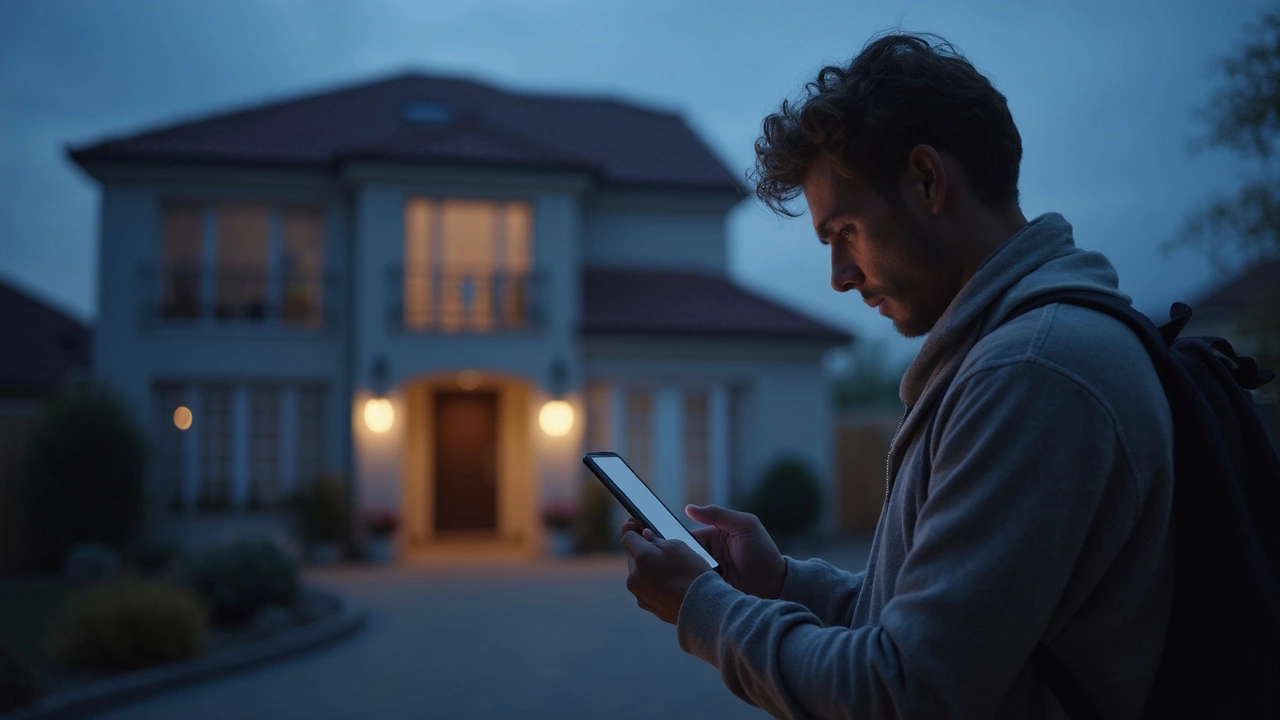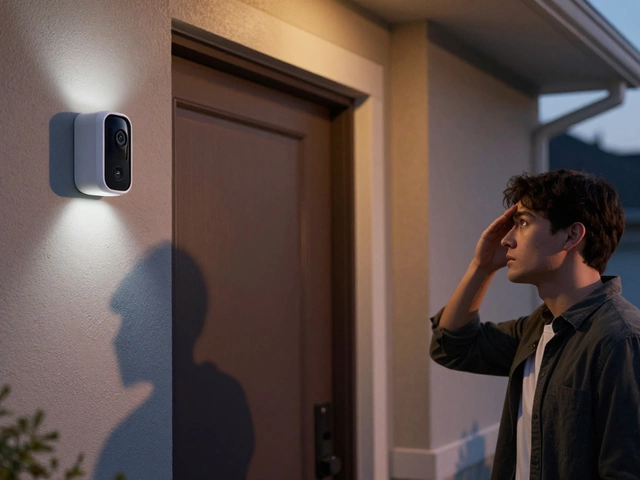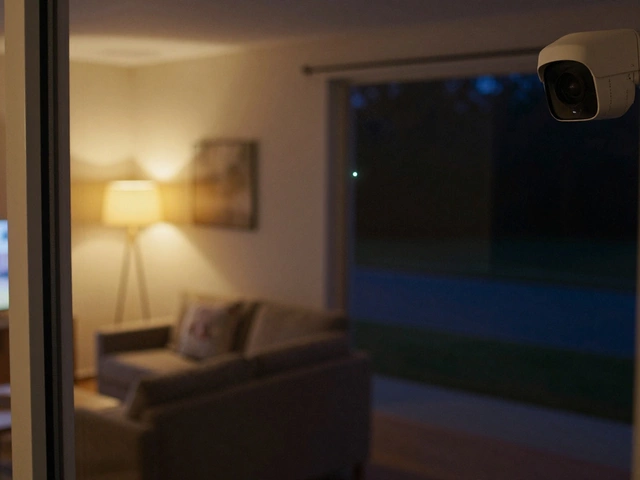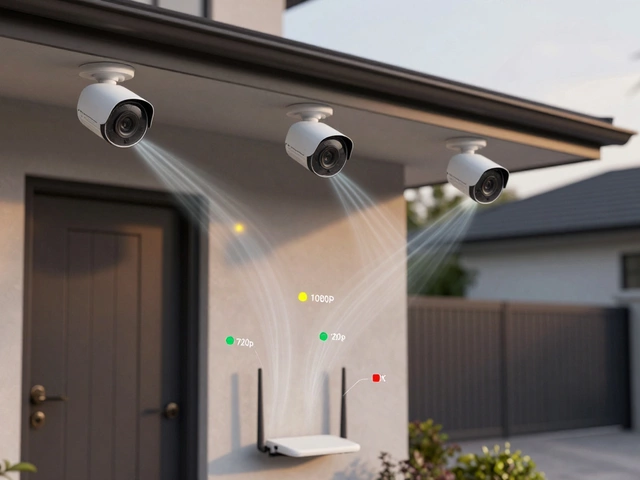Smart Alarm Basics: What They Are and Why They Matter
When you hear ‘smart alarm’, think of a plain old burglar alarm with a brain. Instead of just a siren, a smart alarm talks to your phone, talks to other devices, and can alert the police without you lifting a finger.
In the UK, millions of houses now use these gadgets because they’re easy to set up and work even if the power goes out. The biggest win is peace of mind – you’ll know instantly if a door opens, a window breaks, or a motion sensor trips, no matter if you’re at work or on the couch.
Wired vs Wireless: Which Fits Your Home?
Older systems needed a hard‑wired connection to a central hub and a phone line. Modern smart alarms use battery‑powered sensors that talk to a hub via radio frequencies (Z‑Wave, Zigbee, or Wi‑Fi). If you’re renting or don’t want to cut holes in walls, go wireless. If you have a solid home wiring plan and want no battery checks, a wired kit can be cheaper in the long run.
Both types usually have a backup battery for the hub, so a short power cut won’t stop alerts. The key is to choose a hub that supports both your sensors and the app you prefer – most UK brands work with iOS and Android.
Features That Turn a Simple Alarm Into a Smart System
1. App notifications – You get a push alert the second a sensor fires. No more waiting for a call centre.
2. Geofencing – The system arms itself when you leave the house and disarms when you return, based on your phone’s GPS.
3. Voice assistant integration – Ask Alexa or Google to arm the alarm, check status, or hear the last event log.
4. Live video – Pair a smart camera with the alarm and you can see who’s at the door from the same app.
5. Professional monitoring optional – If you want extra safety, you can add a 24/7 monitoring service that calls the police for you.
All these features cost a bit more than a basic beeping box, but the added convenience often pays for itself. You’ll also avoid false alarms from pets or kids because most sensors let you set sensitivity levels.
When you shop, look for UK‑approved certifications (EN 50131) and check that the system can work without an internet connection – the hub should store events locally and forward them when the line is back.
Overall, a smart alarm is about blending security with everyday tech. Pick the style (wired or wireless) that matches your home, test the app before you commit, and you’ll have a system that watches your house while you go about life. If you want more details on any specific product, our blog posts on doorbell cameras, motion sensors and Wi‑Fi camera risks can help you decide the perfect setup.




